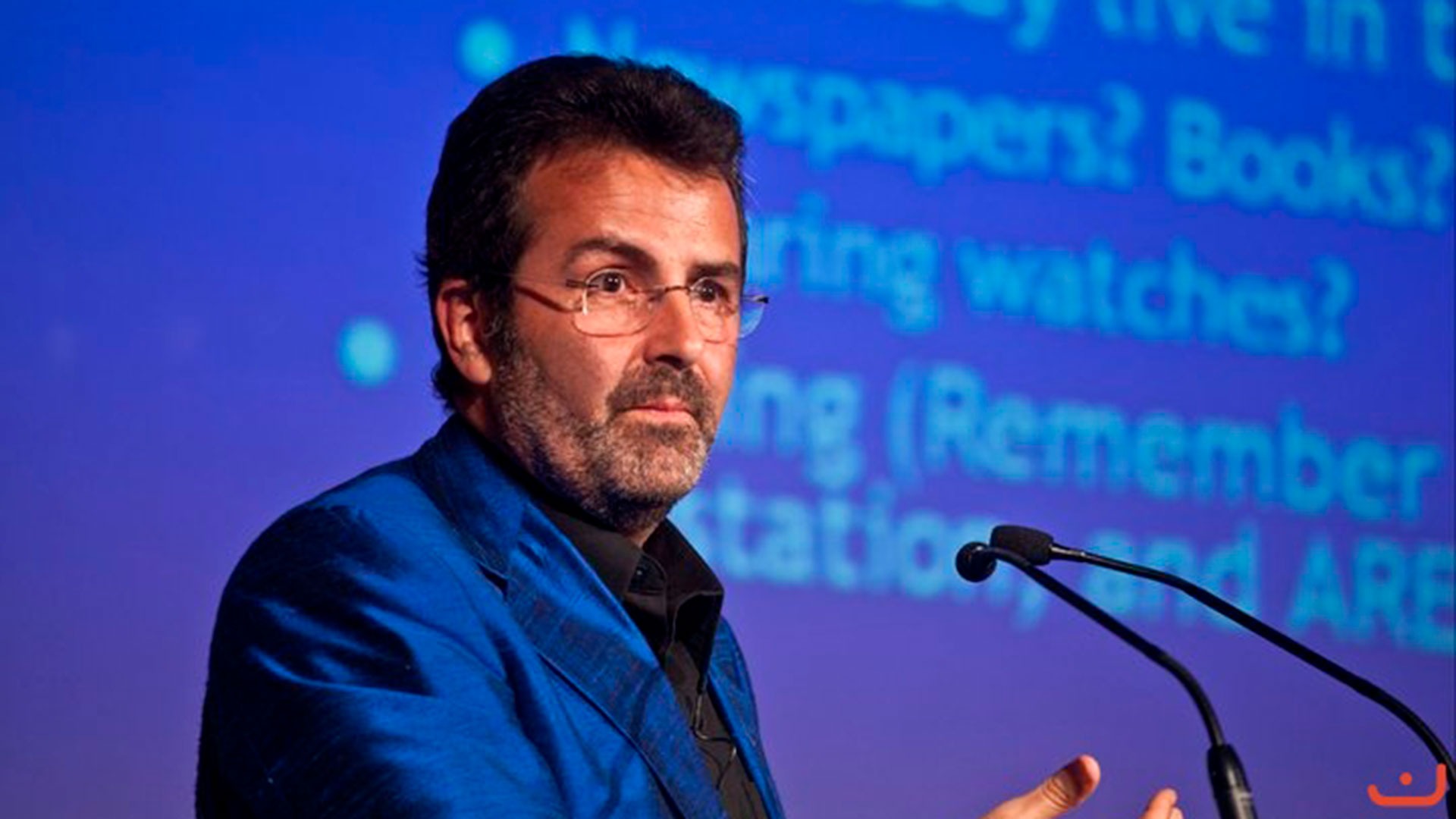The second day of the 58th IDEA Colloquium began this Thursday with a “spirituality breakfast” in which business men and women participated very early and then, after coffee and croissants, the discussion and debate panels began. The first was carried out by the Catalan economist Xavier Sala i Martinprofessor at Columbia University and specialist in economic growth and competitiveness
“What industry is going to succeed in Argentina?” the expert asked himself in one of the sections of his talk. He rehearsed, in response, that this question will be decided if there are “entrepreneurs who have a vocation to continue investing when there are problems in that sector.” “Governments can change their minds and decide today to produce soybeans, tomorrow better cars. Governments do not have the determination that businessmen have, they do not know or have the incentives”, considered the Columbia professor.
“It is not clear if this will continue to be the case in the medium and long term. I don’t know if Argentina is ready for it in the short term. The lower amount of food in the world due to the war in Ukraine presents an opportunity in the short term, but Argentina also has to be able to take its food to the places where Ukraine arrived. It remains to be seen if this energy and food boom is short or medium term”, she clarified.
The question that surprised the Colloquium: “what if Bezos had been Argentine?”
At the end of his exposition, when referring to the conditions that Argentina, Sala i Martin proposed a counterfactual exercise. “Let’s imagine that Jeff Bezos had been Argentine, with the same abilities he has.said. The question she asked disturbed several in the auditorium and there were murmurs.
“Today would we have Amazon? If the answer is no, why? The answer is that it would not have found the necessary infrastructure in the 1990s, would not have found the necessary financial support, would not have found the necessary regulation”, tested the economist as a hypothesis. “When one wonders if Bezos had been Argentine we would have Amazon, when he finds the answer, he finds what Argentina should be. If one wants to ask why he would not have achieved it in Argentina, that’s when society and the government have to intervene“, he claimed.
“Governments do not have the determination that businessmen have, they do not know or have the incentives” (Sala i Martin)
In an overview, Sala i Martin considered that “In Argentina in the last decade, politics was on the one hand, society on the other, there is no vision of the country. The goal would have to be to stop being an emerging country and emerge once and for all. That potential was never realized for Argentina. Without this dream it will not be possible. If each one goes one way and society does not agree, it cannot be achieved, ”he pointed out.
Asked about the new role of the governments of central and emerging countries in the face of the global situation. “Until a few years ago, the expression ‘industrial policy’ didn’t make any sense. It was seen that it was a great failure, it seemed that in some countries they had worked as in Korea or Japan. But lately that has come back. Even in countries where this was taboo like the United States,” he recounted.

“State intervention in textbooks is returning. Not in the Argentine sense, because Argentina is so extremely to the left that what I am talking about would be like liberalizing for Argentina. The role of the Government should not be this, but to establish the bases so that the economy is competitive, that there are reasonable institutions, that there is no corruption, that there is no excessive regulation, that the markets are there. But the one that chooses the sector to develop should not be the Government but the companies”, he concluded.
“They are going to lose again”
Room i Martin too He also issued a warning, both for the Government and society: “If the Argentines don’t play well, they will lose again”he mentioned.
Thus, he referred to the opportunity that the global context could represent for an economy such as Argentina’s, within the framework of four marked global trends that he identified: the question about the validity of China as a world engine, “deglobalization”, the increase in public spending in the central countries and the continuity of technological advances.
The economist, who is also the creator of the Global Competitiveness Index published by the World Economic Forum, warned that the country does not currently have the conditions to generate an investment climate, pointing out that only companies and not governments have the capacity and the incentives to determine which sectors should be developed and was exhaustive about how Argentina could take advantage of a possible “push” from the global economy.
“Inflation, war and Covid may end next week but the trend will only play out for Argentina if society, companies and the Government do their homework” (Sala i Martin)
“There are opportunities but I don’t know if the world is playing so clearly for Argentina in the medium and long term. Inflation, war and Covid may end next week but the trend will play for Argentina only if society, companies and the Government do their homework”, Sala i Martin said.
“This is creating the bases for the economy to be competitive, for the markets to work. Then the companies that have the capacity will be able to take advantage of the opportunities. The world will play in favor of Argentina only if the Argentines play well, otherwise they will lose again”, said the Catalan economist.
Keep reading:
“If Jeff Bezos had been Argentine, would Amazon exist?”: the question that shook businessmen at IDEA

